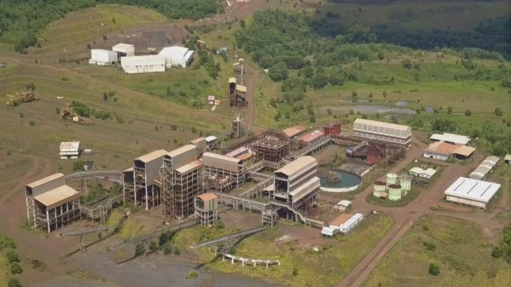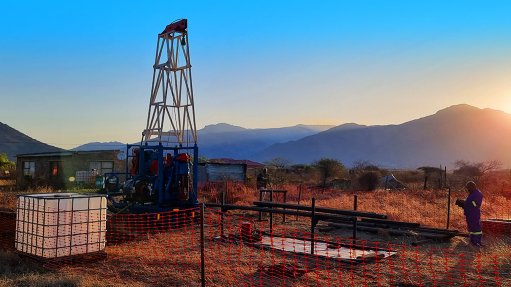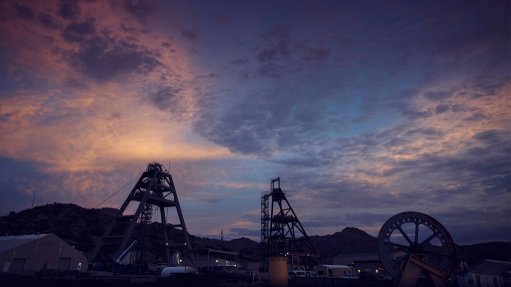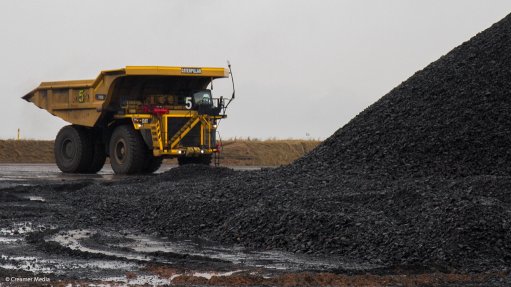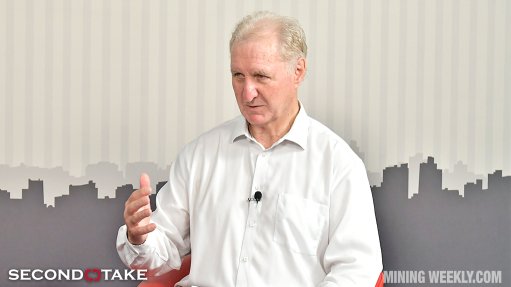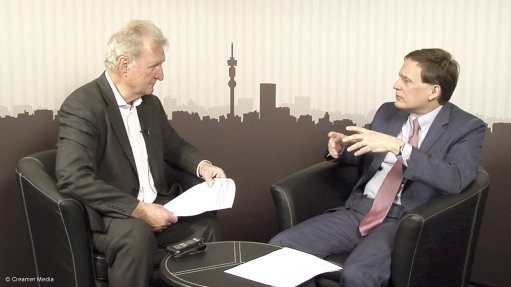Mining Industry will pick up despite setbacks
Despite South Africa’s mining industry currently being perceived to be in a downward cycle as a result of incidents such as the wildcat strikes at platinum miner Lonmin’s Marikana mine, the market will pick up again, says law firm Norton Rose mining, infrastructure and commodities co-head Jeff Kron.
The labour unrest in the South African mining industry has had an obvious effect on the international and local market; however, the international community still recognises the country as a major player in the industry.
He states that there is strong demand for coal, gold and platinum from India and China and that Africa is the main source of these minerals, adding, however, that “the situation won’t stay like this forever”.
“Although gold is becoming more expensive to mine and it has a limited life, mining in the rest of the minerals sectors is doing well and we will continue to do well in the future,” Kron says.
He adds that when the platinum cycle turns upward, South Africa will make major profits in that industry again.
Meanwhile, Norton Rose director Andre Vos notes that the mining industry is not all moonshine and roses. “There obviously are concerns. Companies have been looking to expand into Africa and if you look at major players in the industry, they have assets not only in South Africa, but also internationally.
“Some companies have unbundled their assets in South Africa. Many factors may have contributed to this and it would be unfair to say that this was as a result of the incidents that took place at Marikana,” he says.
Kron explains that companies overseas will take Marikana into account, even though mines worldwide face similar challenges.
“Fifty per cent to 60% of overhead costs are related to labour and, in neighbouring States, workers want an increase of 50%,” he notes.
Kron adds that Norton Rose regards a more progressive attitude towards social issues as one of the positive aspects to have emerged from Marikana.
“Even the most ardent capitalists are saying that the one thing the mining industry has neglected is the social side of labour relations. Industry has not invested enough in communities and given back and Marikana is partly a symptom of this.
“There has definitely been a shift as a result of Marikana and there is now a larger focus across the board, with companies realising that more has to be done in terms of social issues,” he says.
Meanwhile, Norton Rose director Charles Ancer explains that there is no single stakeholder that can alone solve the problems South Africa is facing.
“Everyone in the industry has to come together and recognises the challenges and works together towards fixing them.
“It might take a few years. Several mines are accepting their social responsibility to do what they have to do to improve. This means that there will be retrenchments, but there will also be increased mechanisation and efficiency,” he states.
Ancer adds that the remaining workers will hopefully receive better remuneration.
“If stakeholders come together as a result of Marikana, there will be a renewed focus on black economic empowerment – not only on the formalistic aspects, but also on working towards genuine social contracts by obtaining the buy-in of surrounding communities.
“There is the will from our clients to do the right thing. Broad-based empowerment is challenging, but that’s what we need to see to move it to the next level,” he avers.
Nationalisation
Vos noted that nationalisation, another issue that has taken its toll on investor confidence and the outlook for the South African mining industry, is not unique to South Africa.
“If one looks at countries like Australia regarding issues pertaining to resource nationalisation, it is noticeable that the topic has settled down somewhat in South Africa. South Africa won’t have out-and-out nationalisation, but the State wants to take a bigger cut.”
The Australian government introduced a minerals resource rent tax in July last year, which is in reality a form of nationalisation. “Since its implementation, it has scared away a lot of investment,” says Vos.
Ancer states that the firm’s experience is that investors coming to South Africa are fairly sophisticated, so they understand the risks and opportunities within the industry.
Norton Rose, whose national and interna- tional clients will exhibit at the Investing in African Mining Indaba next month, will also attend the event in Cape Town.
Article Enquiry
Email Article
Save Article
Feedback
To advertise email advertising@creamermedia.co.za or click here
Press Office
Announcements
What's On
Subscribe to improve your user experience...
Option 1 (equivalent of R125 a month):
Receive a weekly copy of Creamer Media's Engineering News & Mining Weekly magazine
(print copy for those in South Africa and e-magazine for those outside of South Africa)
Receive daily email newsletters
Access to full search results
Access archive of magazine back copies
Access to Projects in Progress
Access to ONE Research Report of your choice in PDF format
Option 2 (equivalent of R375 a month):
All benefits from Option 1
PLUS
Access to Creamer Media's Research Channel Africa for ALL Research Reports, in PDF format, on various industrial and mining sectors
including Electricity; Water; Energy Transition; Hydrogen; Roads, Rail and Ports; Coal; Gold; Platinum; Battery Metals; etc.
Already a subscriber?
Forgotten your password?
Receive weekly copy of Creamer Media's Engineering News & Mining Weekly magazine (print copy for those in South Africa and e-magazine for those outside of South Africa)
➕
Recieve daily email newsletters
➕
Access to full search results
➕
Access archive of magazine back copies
➕
Access to Projects in Progress
➕
Access to ONE Research Report of your choice in PDF format
RESEARCH CHANNEL AFRICA
R4500 (equivalent of R375 a month)
SUBSCRIBEAll benefits from Option 1
➕
Access to Creamer Media's Research Channel Africa for ALL Research Reports on various industrial and mining sectors, in PDF format, including on:
Electricity
➕
Water
➕
Energy Transition
➕
Hydrogen
➕
Roads, Rail and Ports
➕
Coal
➕
Gold
➕
Platinum
➕
Battery Metals
➕
etc.
Receive all benefits from Option 1 or Option 2 delivered to numerous people at your company
➕
Multiple User names and Passwords for simultaneous log-ins
➕
Intranet integration access to all in your organisation






